It’s the little sensory details that help you get more immersed in the world of a story: how a piece of clothing might feel against a character’s skin, descriptions of sonic fluctuations in a conversation scene, the taste of a bite of food and a sip of a drink, and, of course, what they smell when they breathe in the air around them whether that be the fragrance on a lover’s skin or the odors that orient us to a story’s setting.
Scent is a powerful tool. It can trigger memories and spark feelings. It transport you out of yourself, or sends you back into your body through a visceral gag or shudder. Often when I write, I find myself using scent to help map out the worlds of my poems and stories. I might smell a sample of a fragrance to help set the emotional tenor of a scene, or use them to recall certain experiences. Lately, I’ve been associating perfumes with books I’ve read, too, using the olfactory to enhance the sensorium settings and characters described by their authors. So I thought I’d share a some of my favorite compositions of impactful novels and their fragrant counterparts.
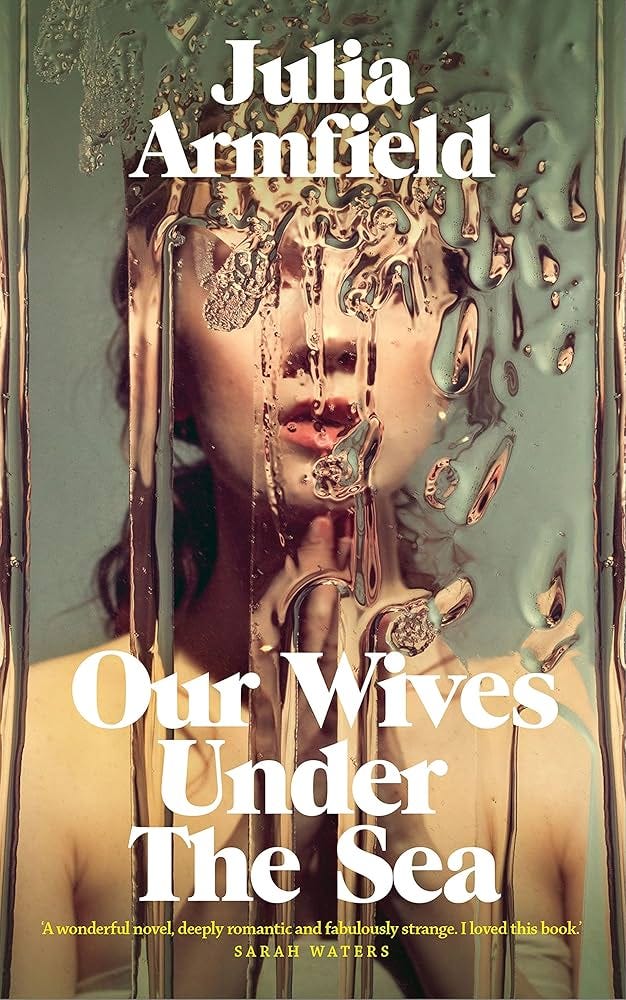
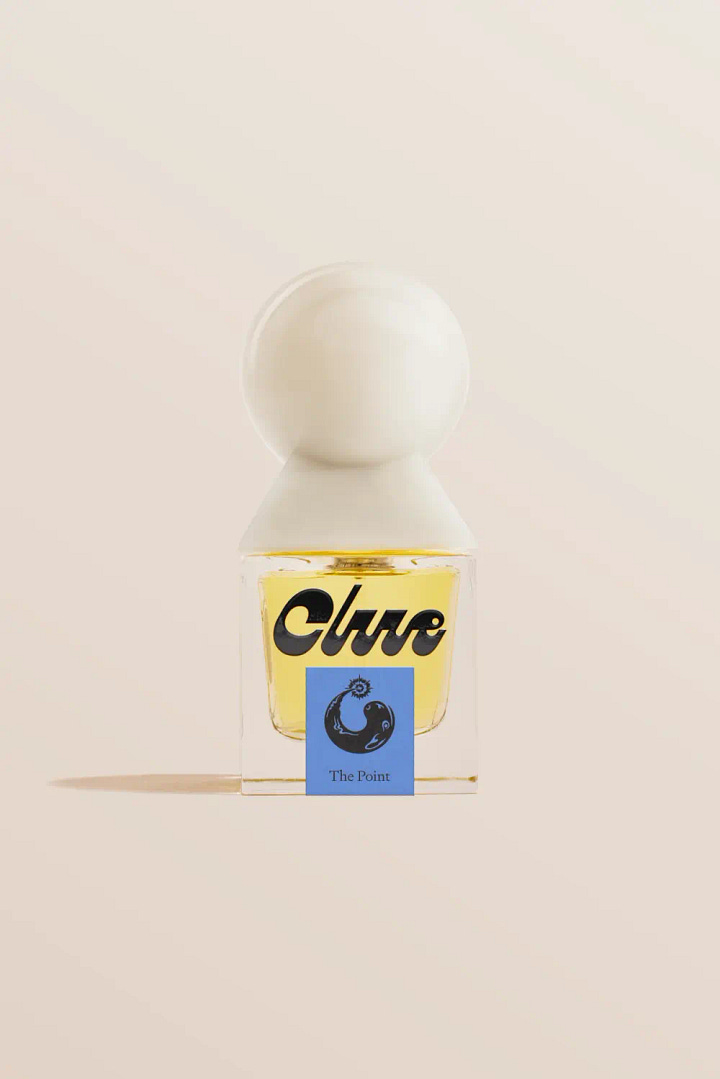
Julia Armfield’s Our Wives Under The Sea is split between the perspective of a marine biologist and her wife. When the marine biologist gets stuck underwater on a submarine expedition and suddenly reappears at home, it becomes clear that she’s been changed by what she encountered in the dark oceanic depths. Clue’s The Point has this delicate, almost iridescent, mineral quality to it that reminds me of Armfield’s ghostly story. Like the insides of an oyster shell flaking off onto your fingers with its blend of jasmine, crushed porcelain, wet sand, ambergris, patchouli, and ocean water.


Dubbed a “fragrance of the night” by its creators, Diptyque’s Orphéon may have been named after a Parisian jazz club, but every time I smell its chypre arrangement of tonka been, juniper, and cedar I feel like I’m wandering around lost in a dark forest. The Secret History by Donna Tartt is a book full of little sensory details that denote the unraveling of a group of college students on their elite, private college campus in rural Vermont. One might think of fancy leather book bags, the stale paper smell of old library books, the sharp wetness of spilled ink, bacchanalian booziness, or the rasping warmth of smoked tobacco. And yet I keep thinking about what trespassed in those woods in the aftermath of a shocking murder.
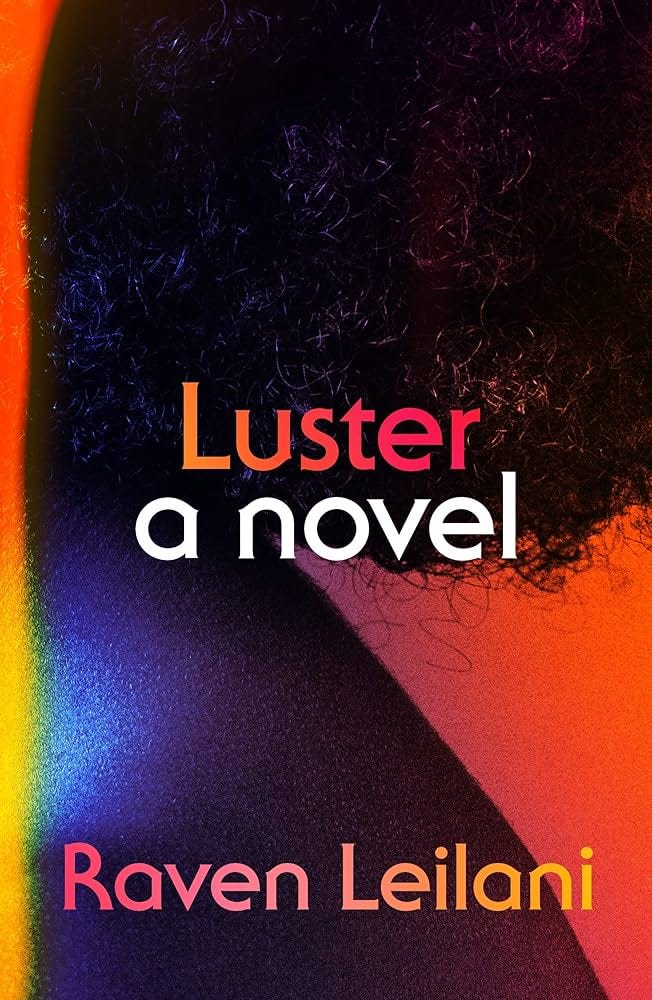
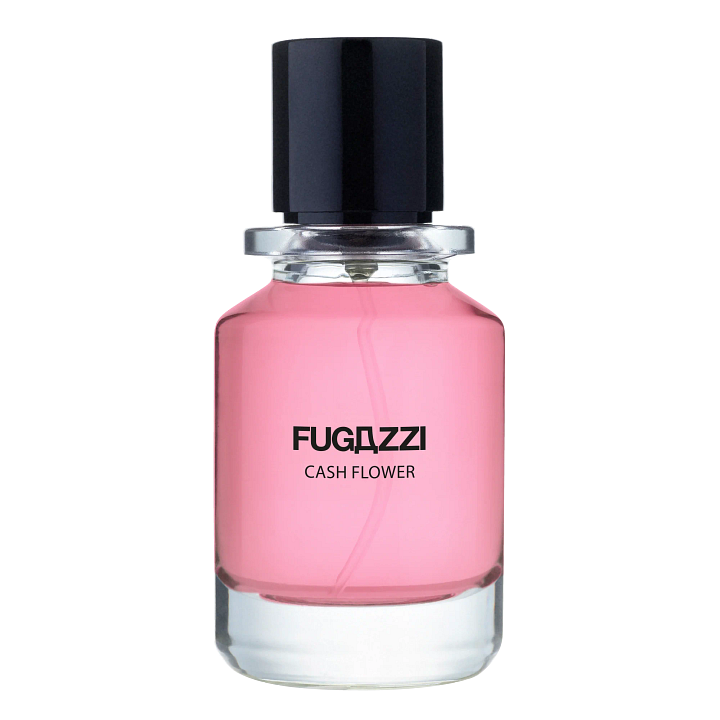
Rose petals, pepper, cashmere, amber, musk, and sandalwood. A combination that is spicy, delicious, and seductive in a way that reminds me of the protagonist in Raven Leilani’s Luster. Edie is in her twenties, works in publishing, and begins hooking up with an older man in an open marriage. She’s caught in the precariousness of early adulthood, entangled by the pressures of capitalism and the everyday cruelties of misogynoir. Fugazzi’s Cash Flower captures that sense of trying to act mature yet feeling so young (not entirely unlike trying to make it as a twenty-something in New York). A sensual and effervescent scent that’s surprisingly resilient on the skin.
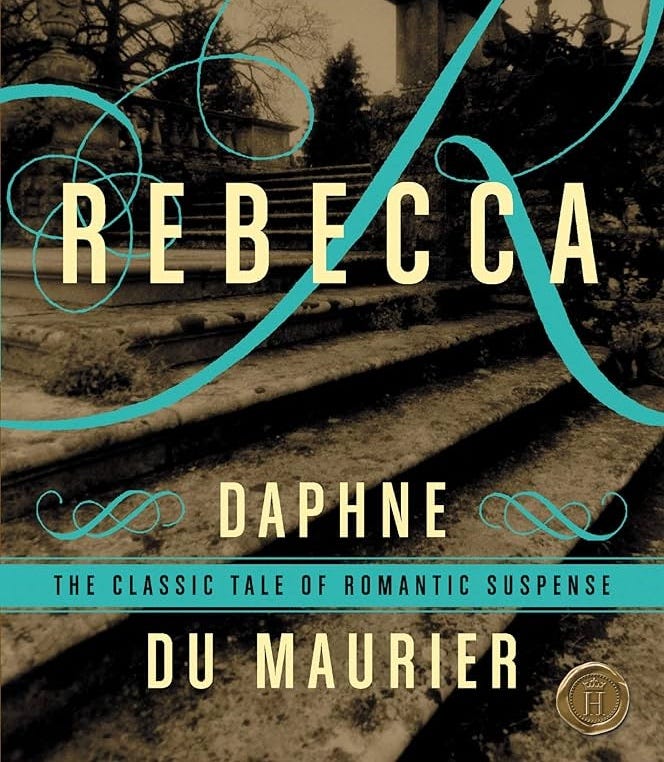
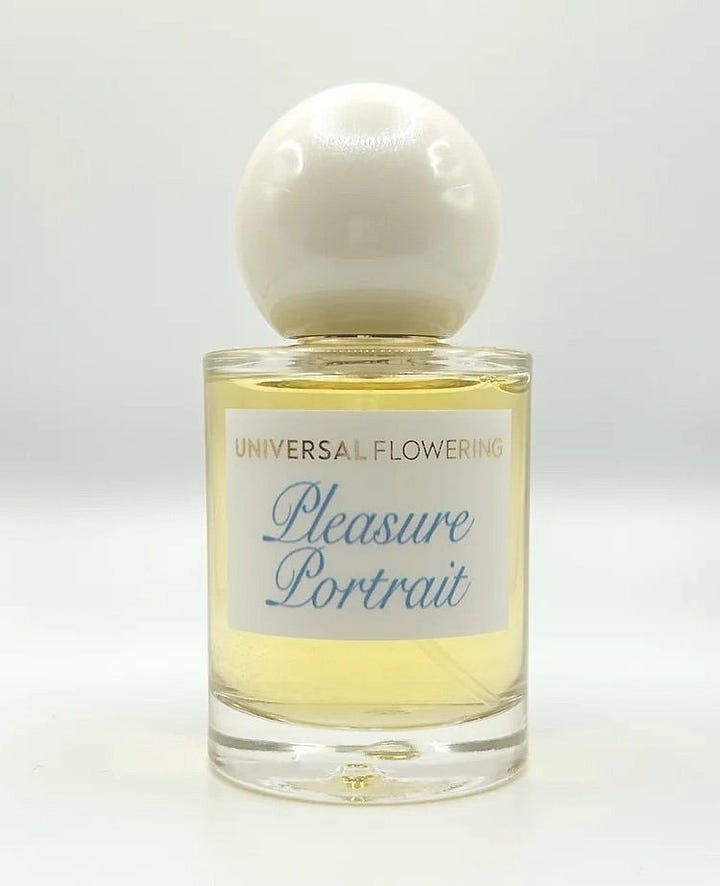
Daphne Du Maurier’s Rebecca begins with a young newlywed’s arrival to her widowed husband’s grand estate. It is manor so grand and beautiful, yet also deeply haunted by the mistress who once roamed its halls. Blended with cardamom, lapsang souchong, tobacco, cedarwood, patchouli, and amber, I’d describe Universal Flowering’s Pleasure Portrait as having that same Gothic, romantic flair as Du Maurier’s thrilling tale. Every time I smell it, I’m wrapped in the dated beauty of a fancy fur coat.
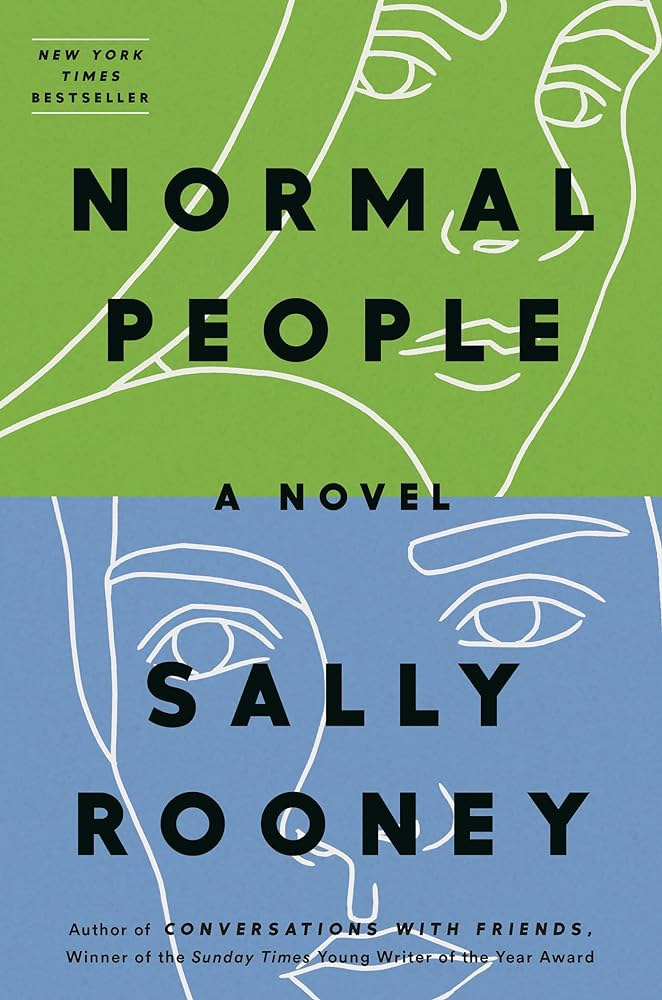
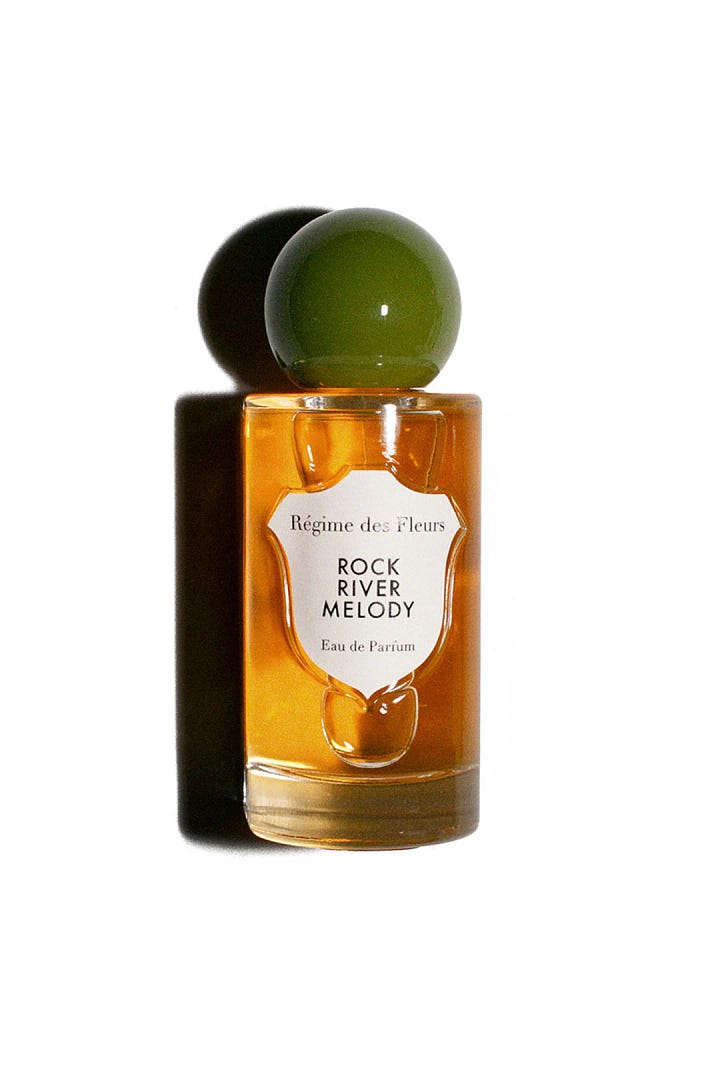
When I think of Marianne and Connell’s relationship at the heart of Normal People, I crave a perfume that’s grounded, that finds a balance between opposing forces, and develops into beautiful complexity long after first spray. Rock River Melody by Regime Des Fleurs captures this sense of youthful, misfit androgyny through its opening burst of ivy, and bergamot, gradually giving way to something earthy and floral like wandering through rained out garden with its blend of galbanum, green sap, musk, and sandalwood. It’s an intimate act of continuous becoming.
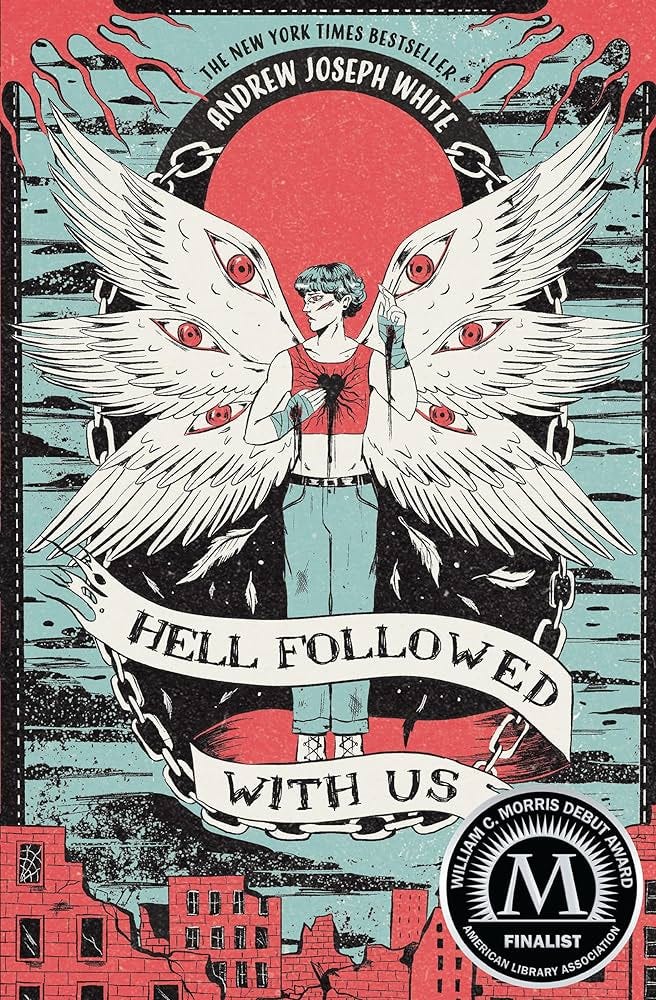
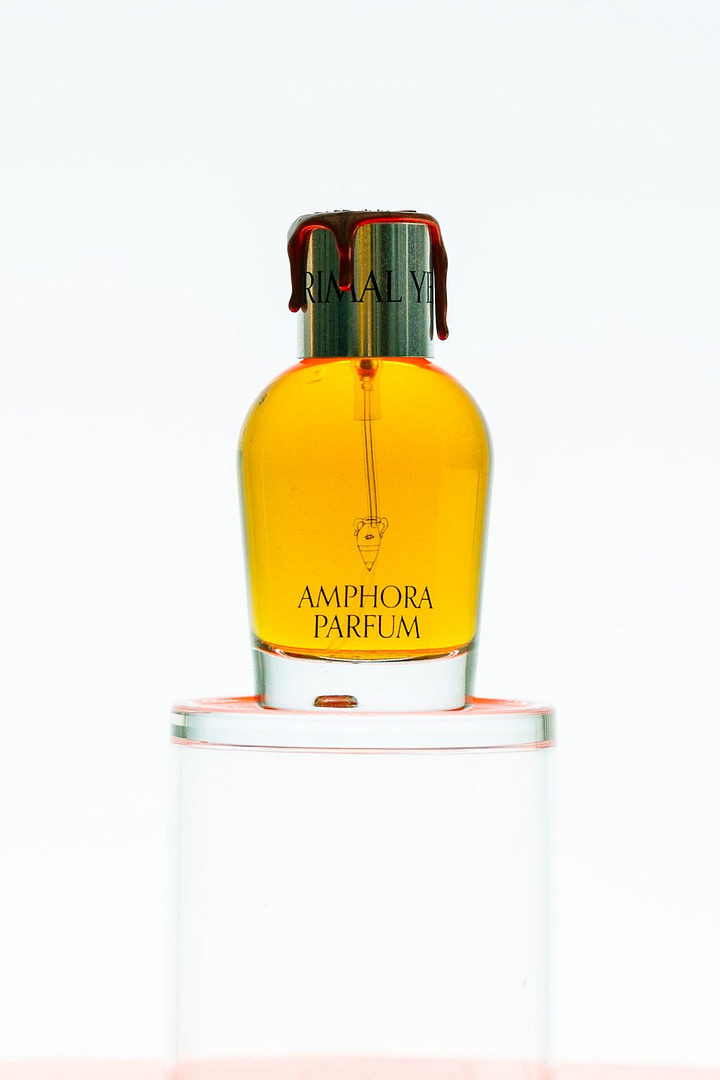
Andrew Joseph White’s Hell Followed With Us presents us with a devastated, monstrous post-apocalyptic world where one trans boy’s escape from a religious cult leads to a devastatingly beautiful story of queer found family. Amphora’s Primal Yell—with its notes of hot iron, bitter almond, cherry, and vetiver—captures not only the narrative’s angst and rage, but also those silly coming-of-age moments (like having a first crush and figuring out who you are) even when the world is burning around you.
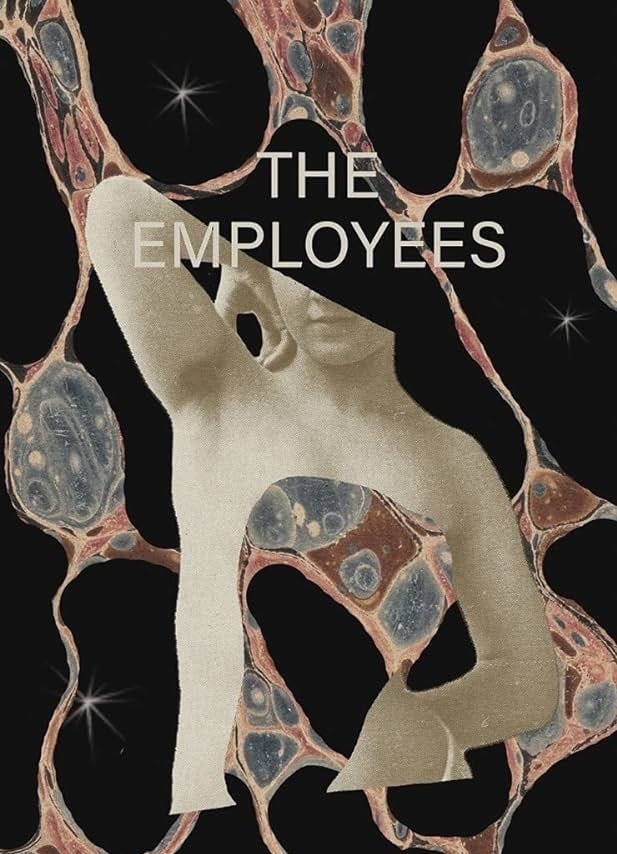
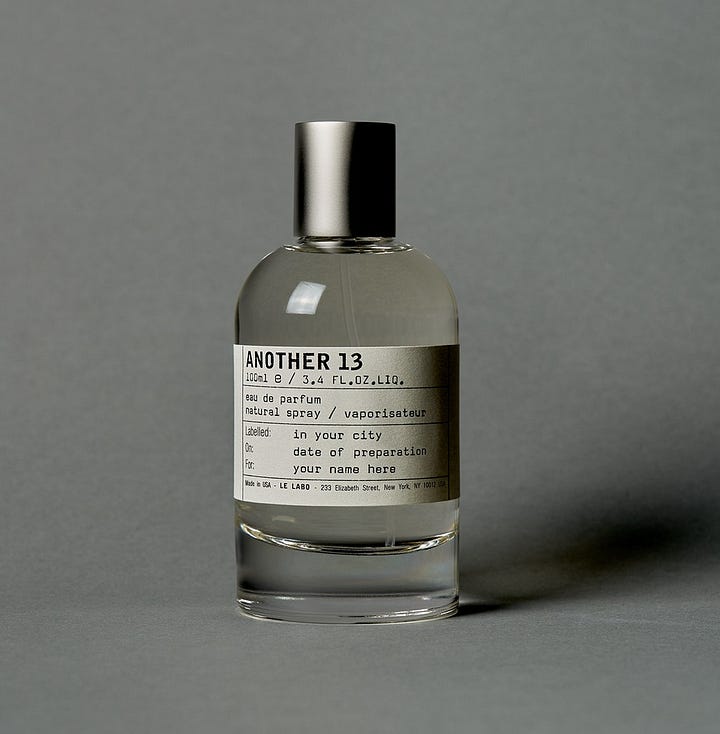
Olga Ravn’s The Employees is a strange book. Told through a series of recorded testimonies, it recalls the journey of a spaceship back to earth as its human and android crew become affected by the mysterious alien cargo they have onboard. Another 13 by Le Labo’s emphasis on synthetic animal musk, punctuated by wet and earthy notes like moss and jasmine, transports me to the sterile walls of the spacecraft and the raw emotional power of the humanoid uprising that takes place within.
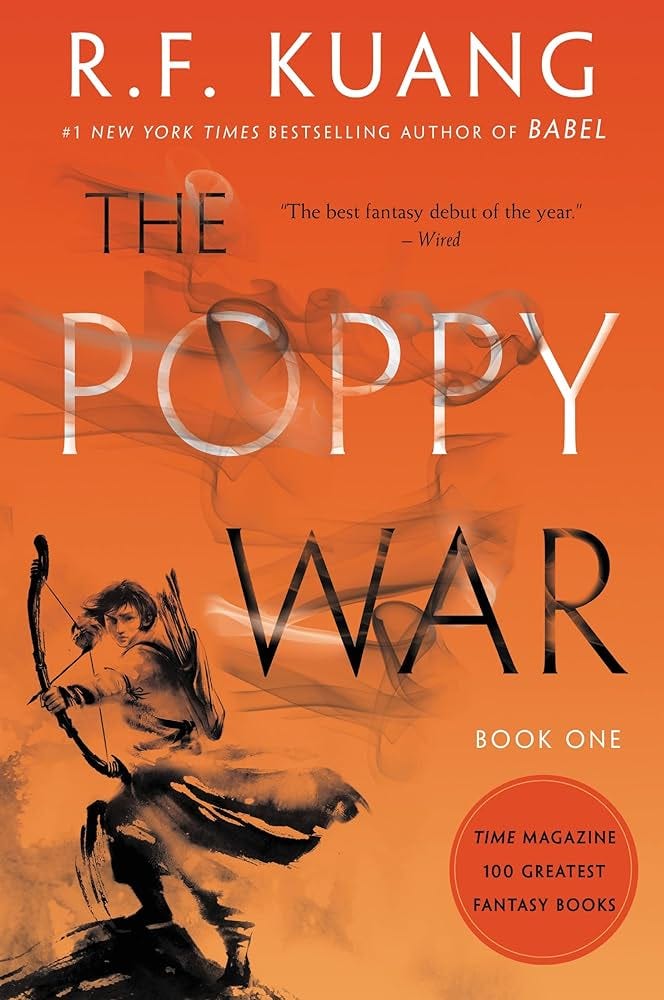
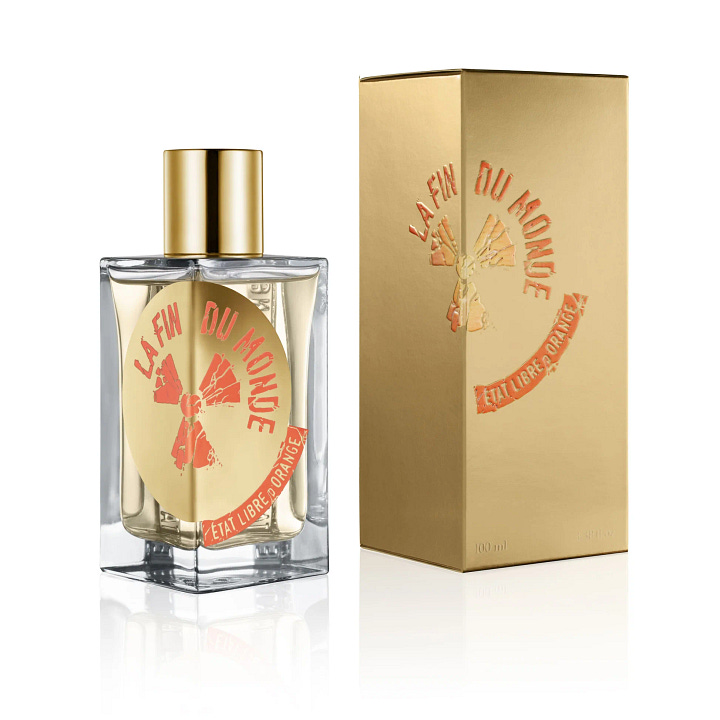
As I barreled my way through R.F. Kuang’s The Poppy War, I became engrossed in Rin’s journey, fighting her way into her country’s top military academy and gradually building her power through rage and despair as the nation falls again into a devastating war. Etat Libre D’Orange’s La Fin Du Monde opens with the playful warmth of popcorn and black pepper before gradually setting into biting notes of cumin and gunpowder with a little floral vulnerability from freesia and iris. A fascinating parallel to Rin’s growth from abused war orphan to god-like fighting force.
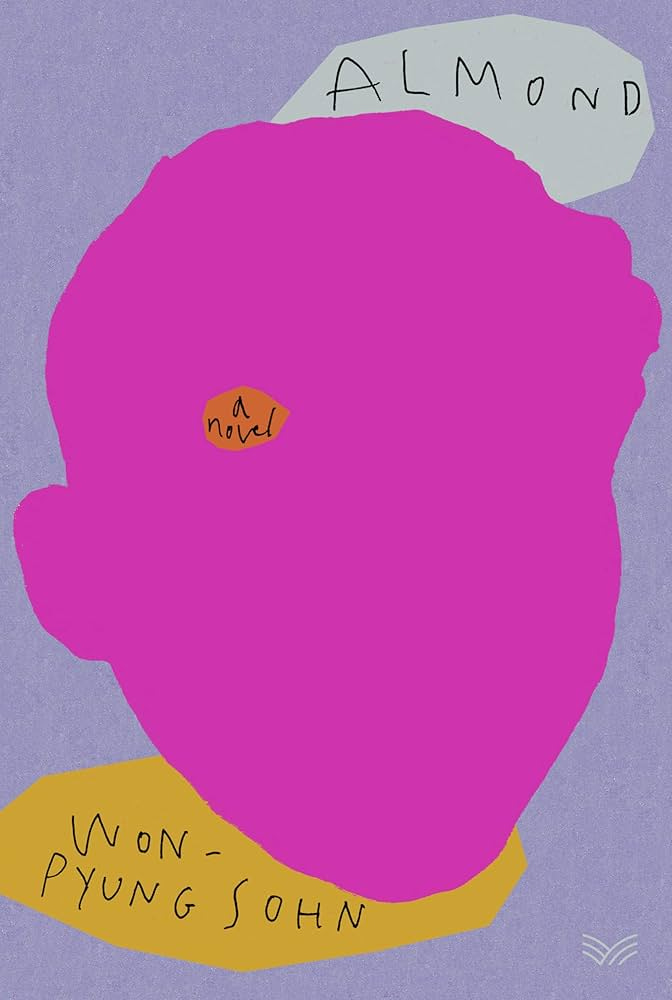

Almond by Sohn Won-pyung follows a boy with alexithymia, a condition that makes it difficult to understand and feel emotions. In the wake of losing his mother to a tragic violence, alienated Yunjae gradually befriends the hotheaded bully Gon, gradually learning how to feel through their budding relationship. This book explores the coming-of-age awkwardness of adolescence and the importance of love in shaping the person we become. Escentric Molecules’s Escentric 01 is dominated by Iso E Super, a velvety woody note that often acts as a scent enhancer. Yet, like Yunjae, there’s more to this perfume than this one muted note. Lime, pink pepper, aldehydes, orris, and incense add a fresh depth to what could be a straightforward skin scent.
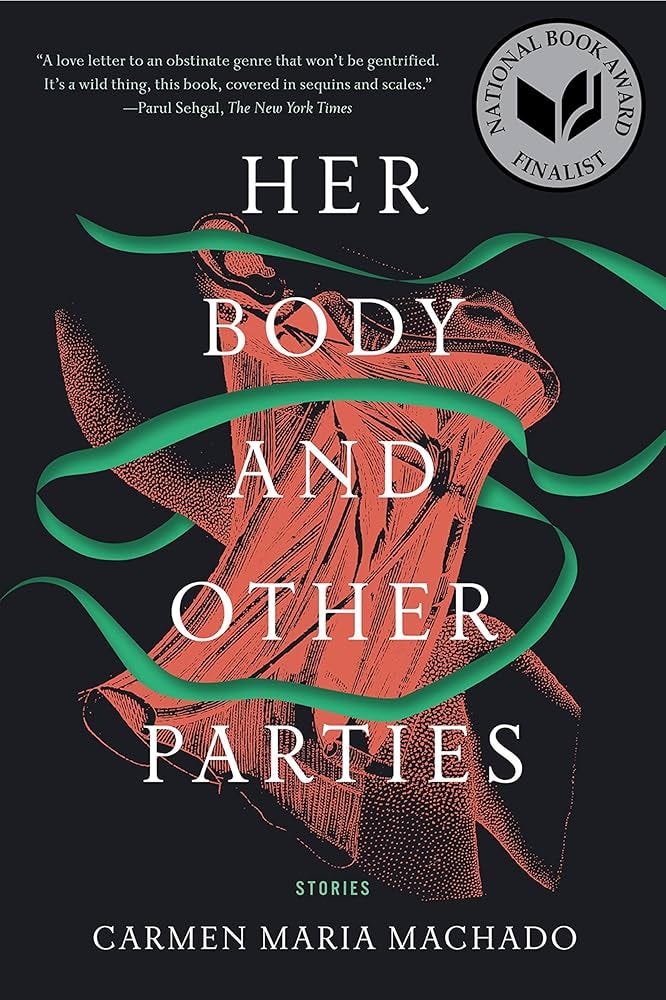
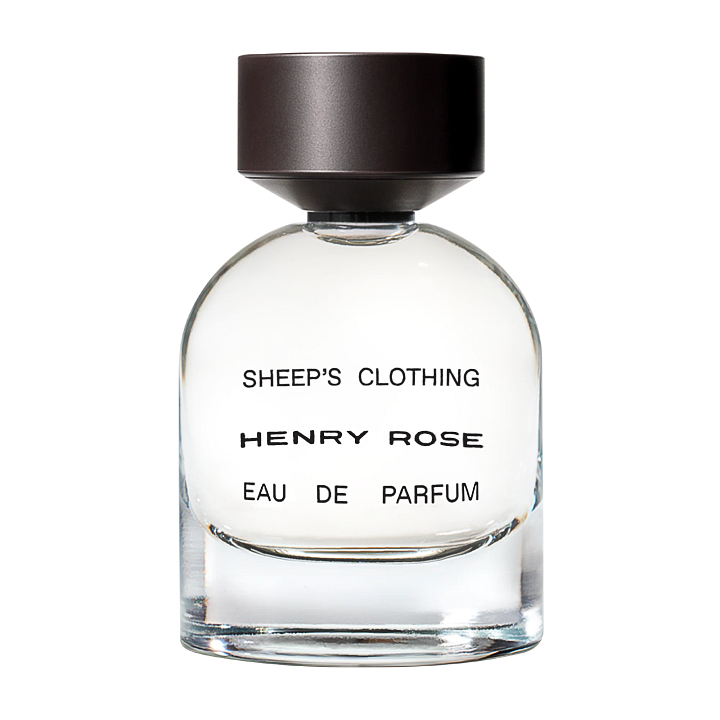
When I think of the short stories in Carmen Maria Machado’s collection Her Body and Other Parties, I think of fairy tales turning sinister, monstrous women, and finding subversive power in the strange and the unsettling. Sheep’s Clothing by Henry Rose opens with a ferocious bite of pink peppercorn before gradually revealing delicately feminine notes of rose, orange flower, ambrette, and amber. It’s that kind of magical sleeper hit fragrance that catches you by surprise and defies your expectations.
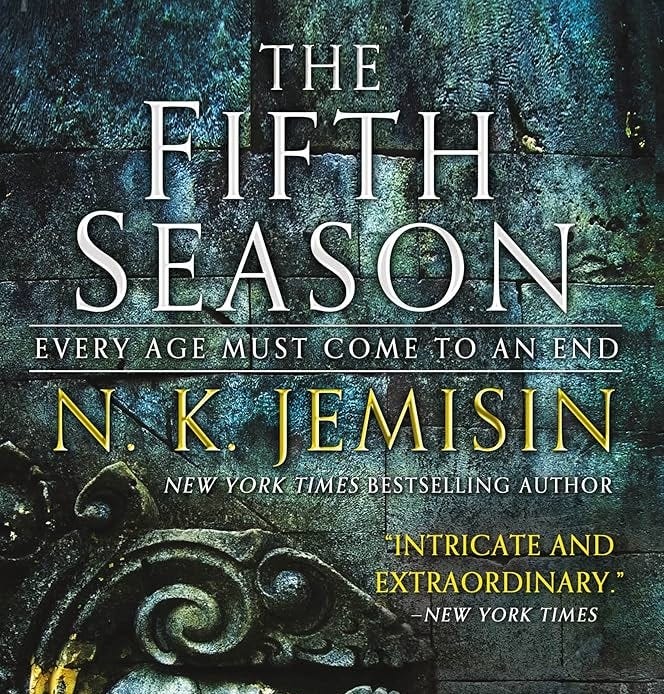
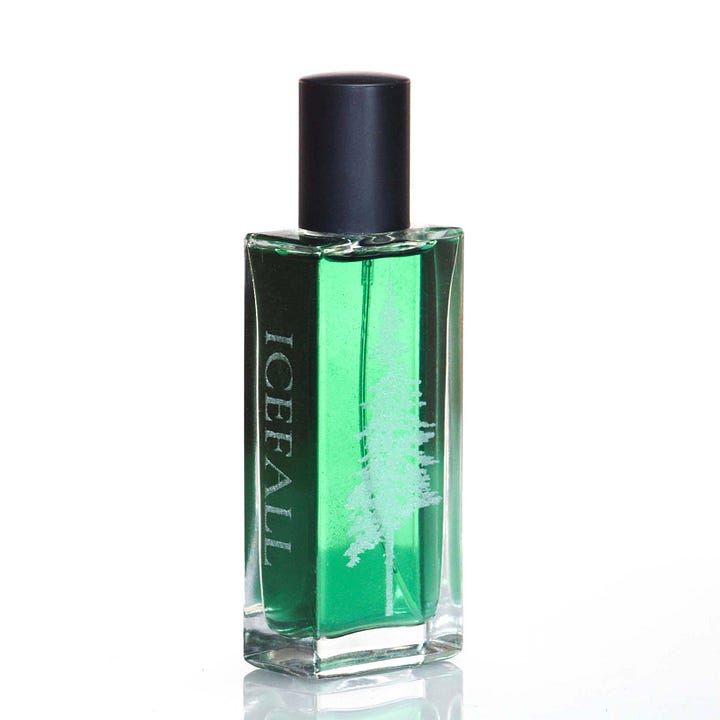
N.K. Jemisin’s The Fifth Season is set in an apocalyptic world marked by ecological calamity. There, orogenes have the power to manipulate the energy of the earth, triggering seismic events by extracting heat from their own bodies that leave circles of frost in their wake. When thinking about this chilling tectonic power and the fracturing of earth, I find an olfactory counterpart in Pineward’s Icefall. Its frigid crispness, like waves crashing into rocks, is thanks to its notes of white grapefruit, seaweed, juniper, pine, and blue cypress, leaving you feeling metallic and glacial.
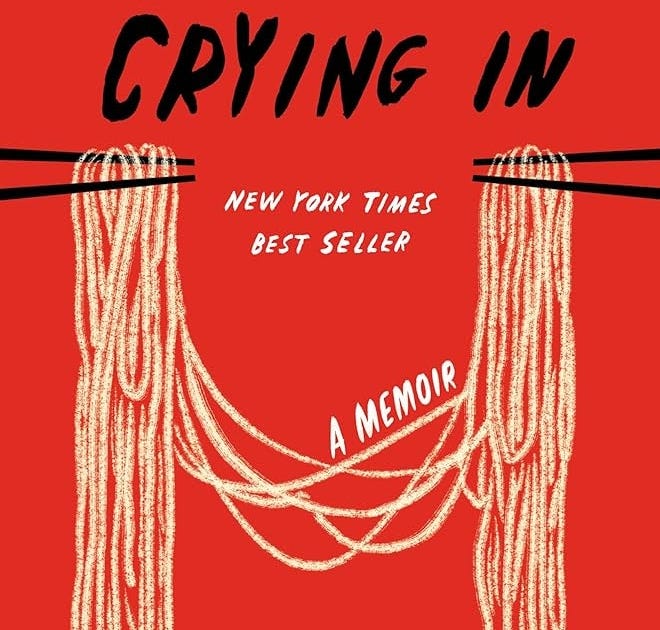
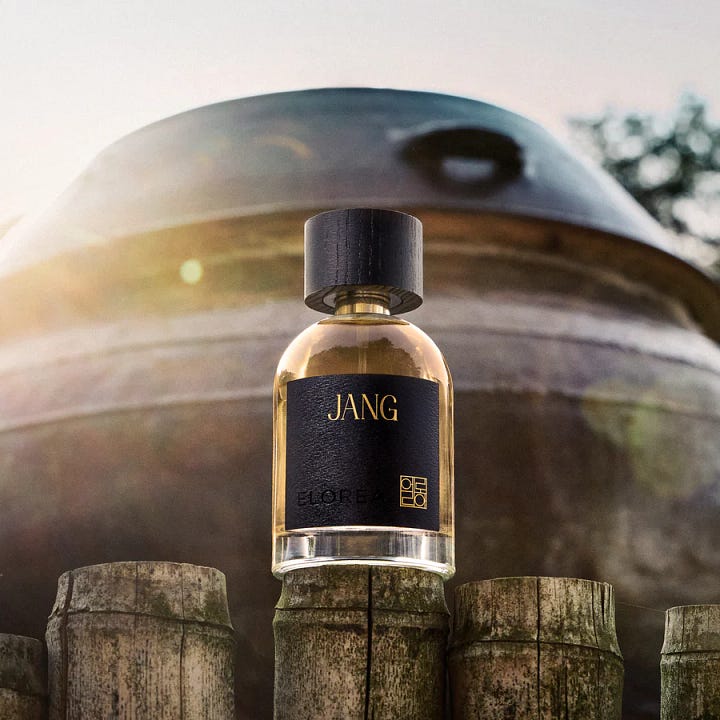
The first time I smelled Elorea’s Jang, I immediately thought of Michelle Zauner’s poignant memoir Crying in H Mart. An exploration of Zauner’s complicated relationship with her mother, this story of grief, cultural alienation, and reconnection is charted through food. Zauner describes the meals her mother would make for her as a child, and how she sought to keep the traditions of Korean cooking alive when she became her mother’s caretaker in the last years of her battle with cancer and after her death. Composed of charcoal, jinjang soy sauce, myrrh, ylang ylang, and petrichor, Jang is an umami gourmand with a rich, nostalgically smoky body that comes alive with the vibrant, bustling energy of a family kitchen before lunchtime.

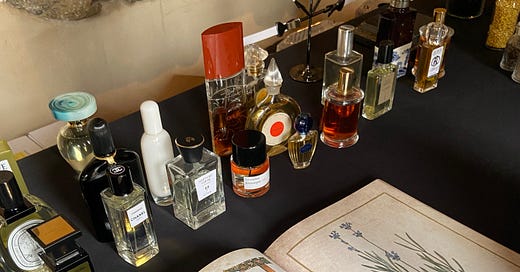


Jang and Crying in H Mart!! These pairings are just *chefs kiss*